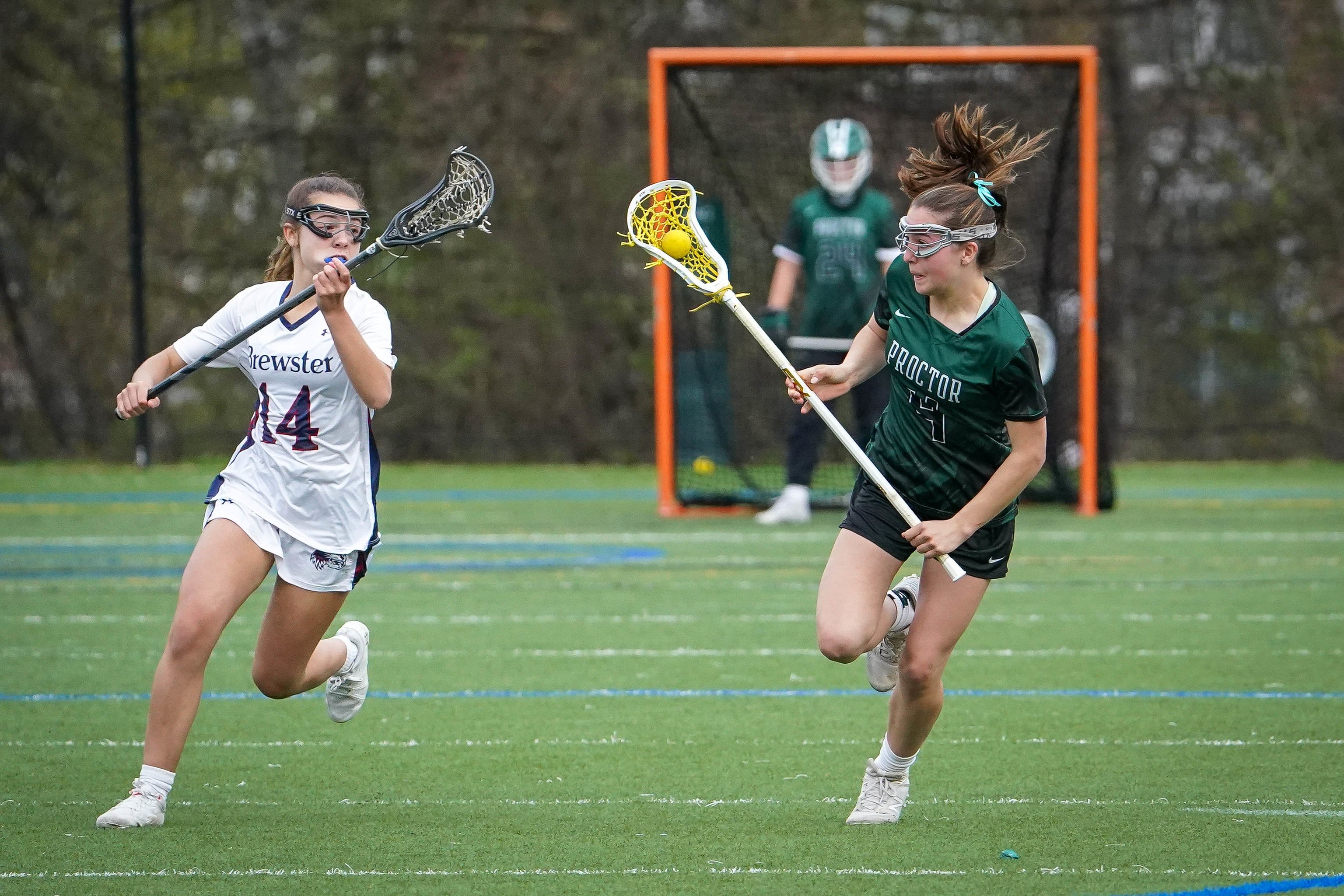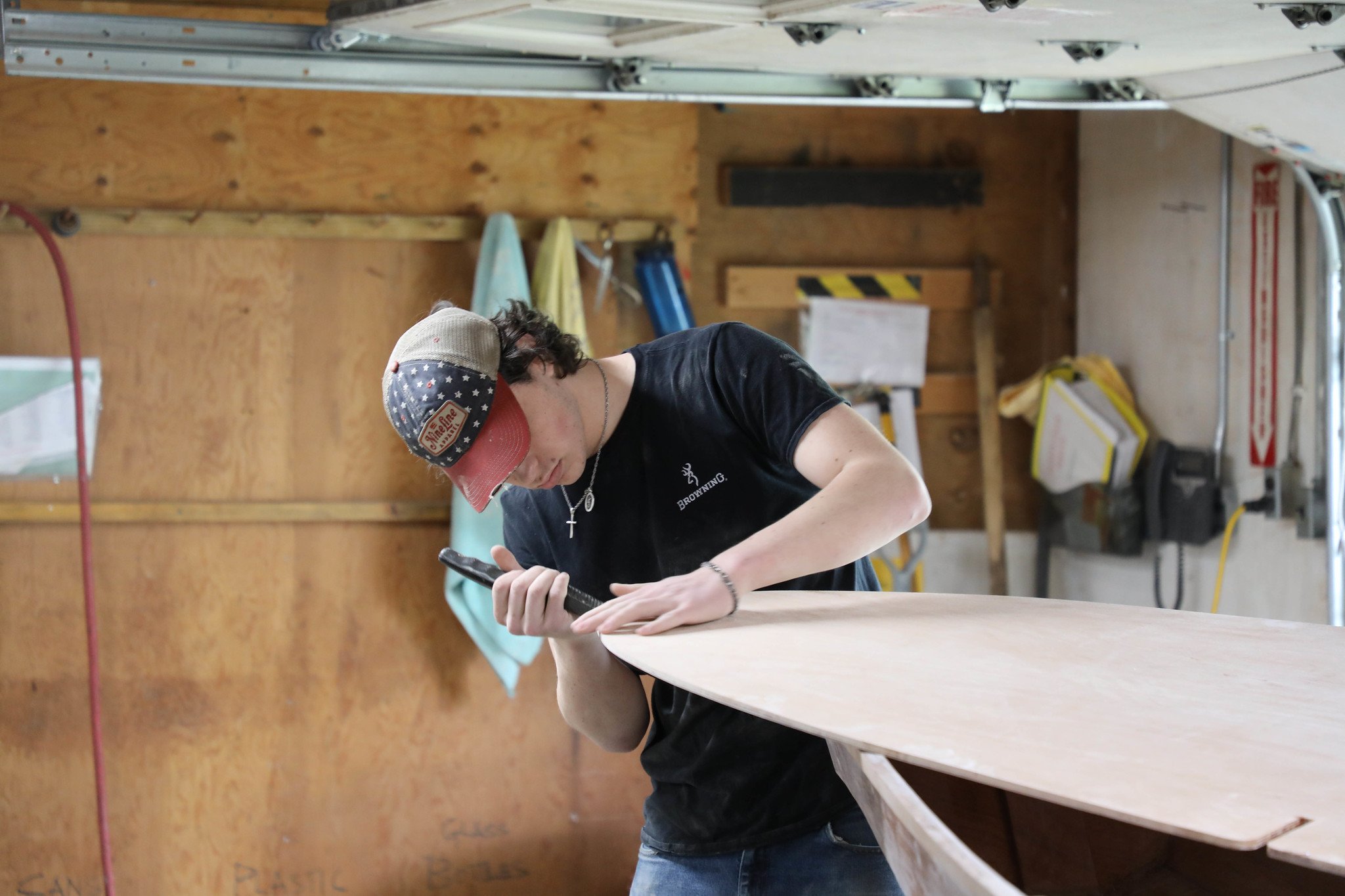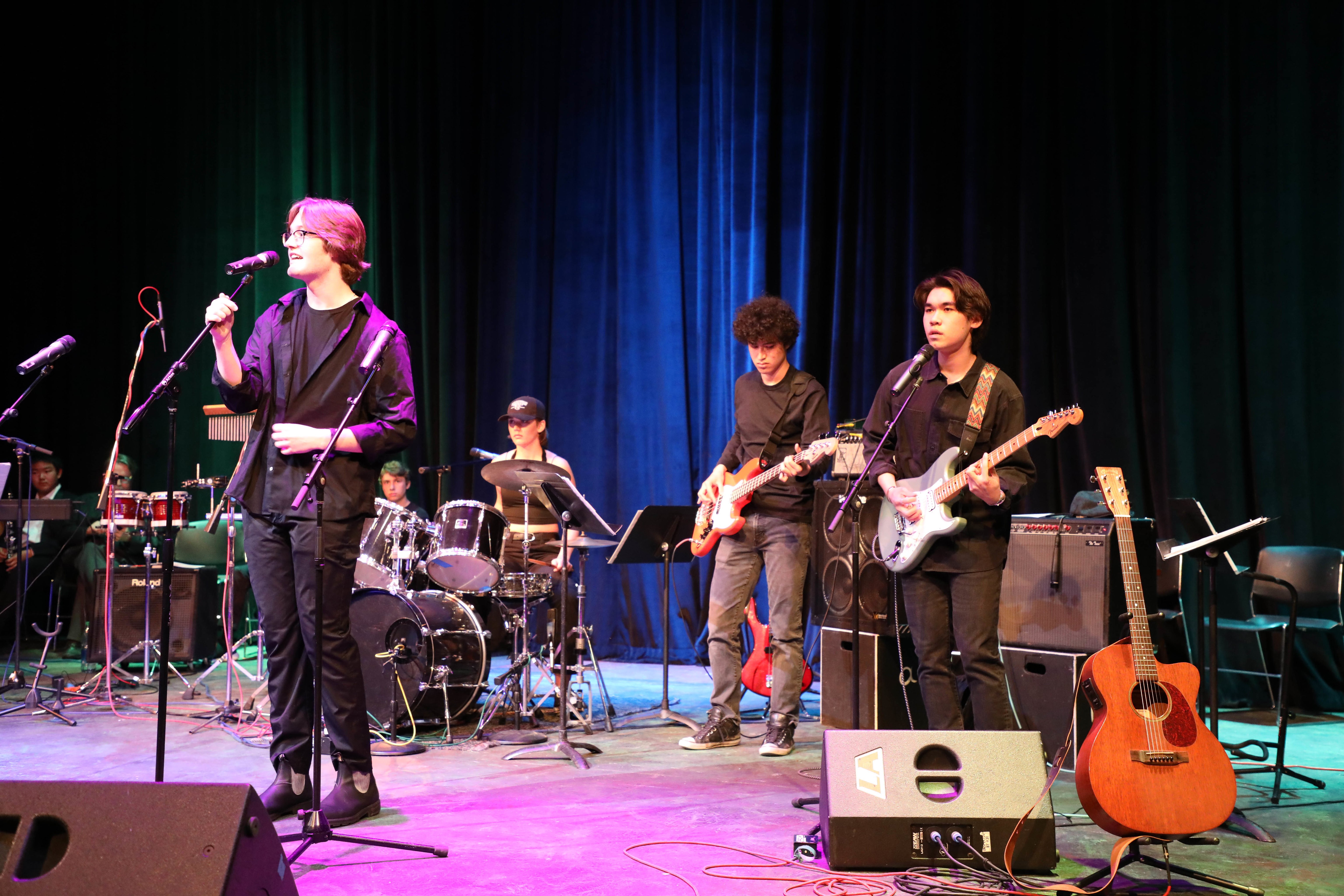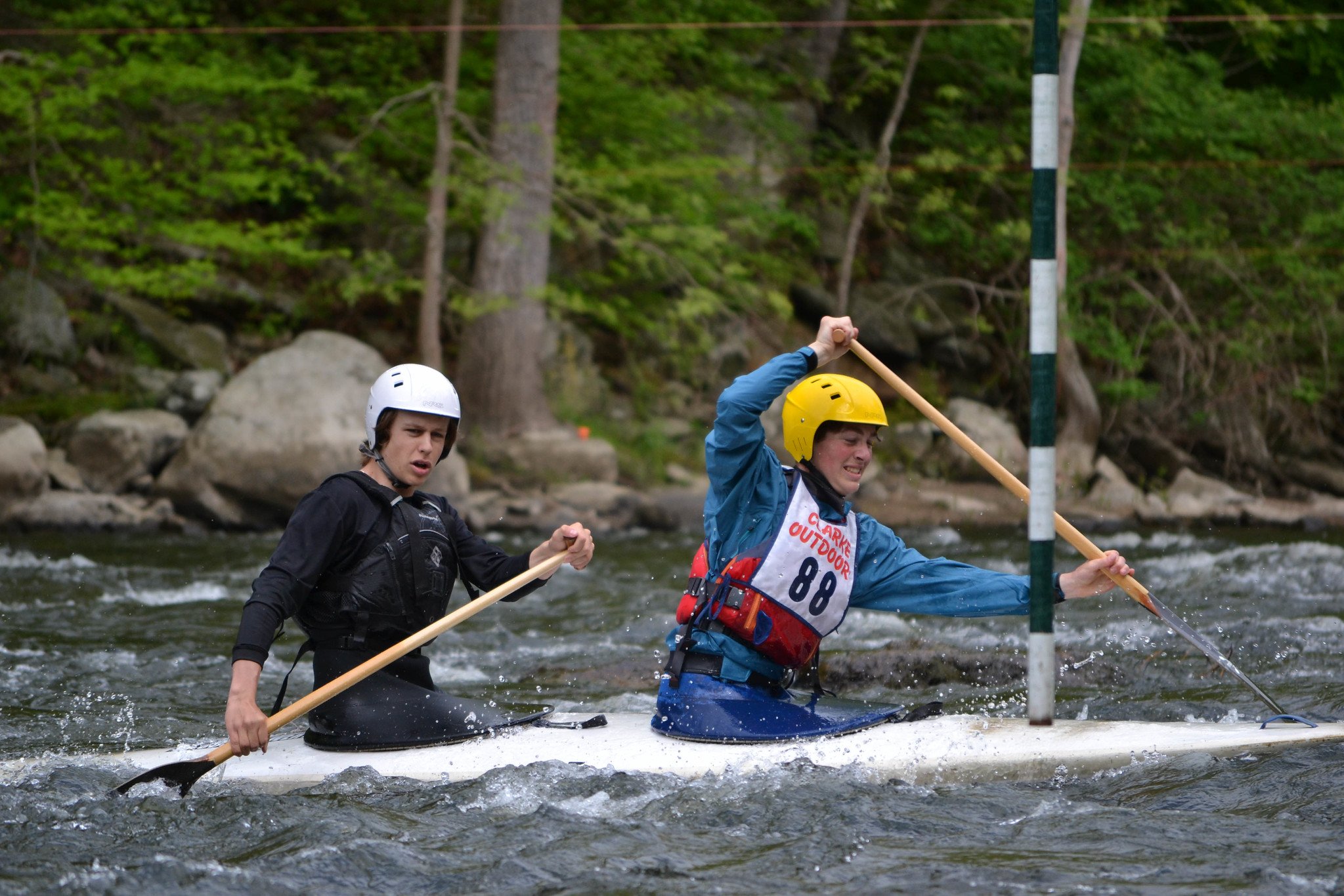This week, we are in the midst of conversations with a group of young alumni for our upcoming edition of the Proctor Magazine. Each of these alumni are entering the heart of their career. Some are in health care, others working for nonprofits, others teaching, and yet others running startups. While their experiences and career paths vary, they uniformly assert that Proctor served a powerful role in shaping who they are as adults.

Each stage of development for a child is critical, but the adolescent (high school) years are perhaps the most transformative. A time of identity formation, we see young people grow into themselves, often through many different versions, over the course of four years. We write often about Proctor’s ability to expand a student’s identity through the varied experiences they will encounter both on-campus and off. They may come in identifying as a skier and leave an artist, a science focused student becomes an adventure sport enthusiast. They uncover passions that guide their future schooling and career paths, and we consistently attribute Proctor’s breadth of experiences to the success of our alumni.

But it is not just about the schmorgashboard of offerings that expand a young person’s identity. David Brooks’ recent op ed in the New York Times challenges us to rethink how the control we have over the shaping of our own identities. Brooks notes, “A self exists only in relation to something else, while perceiving something and interacting with the world.” He goes on to write, “Gradually, out of these interactions a self emerges. This is the hardest phase. You can pile up myriad influences. You can pile up performances. But eventually it all has to cohere into a distinct way of perceiving the world, a distinct way of expressing yourself in the world.”

It is through relationships with those around us that we define ourselves. Without community, without peers to challenge us and push us and interact with us, who are we? For adolescents, it is these relationships with their friends and the adults in their lives at Proctor that their self begins to take shape. If we can only become what our friends, relatives, and colleagues make us, how can a school experience intentionally burst the bubbles we seek to create through curated experiences?

Some students will do it themselves - they are thrill seekers and connectors and extroverts who crave stimulation through experiences. But most of us prefer to operate within a sphere of comfort, interacting with those who reinforce our established sense of self. This is where Proctor’s educational model of curating experiences for small, diverse groups of young people comes into play. Through Wilderness Orientation, advisory, teams, classes, Project Period, Academic Concentrations, Off-Campus Programs, and so many other opportunities to engage meaningfully alongside a different group of peers, we push students into the uncomfortable so they can keep growing, keep expanding their identity by introducing new voices, new faces, new relationships, and new perspectives into their lives.

Our job as a school is to cultivate community and experiences so that young people have the opportunity to make sense of themselves within a complex world. We are each writing our own stories, influenced heavily by those who surround us. The more diverse a set of peers and experiences we can provide our students, the more willing they will be to expand their own narrative of self. As Brooks writes, “Everybody who is writing a book or making a presentation or being a person in the world has to eventually wrestle with that cohering question: What’s the core here? Or as Miles Davis put it, “Sometimes you have to play a long time to be able to play like yourself.” May each of our students have the confidence, eventually, to play like themselves.








